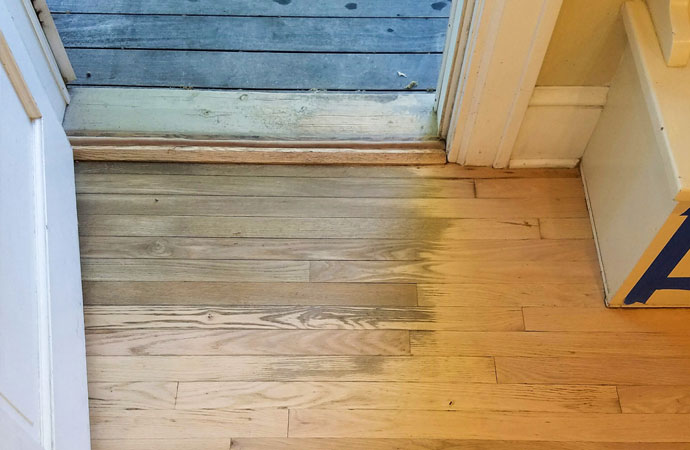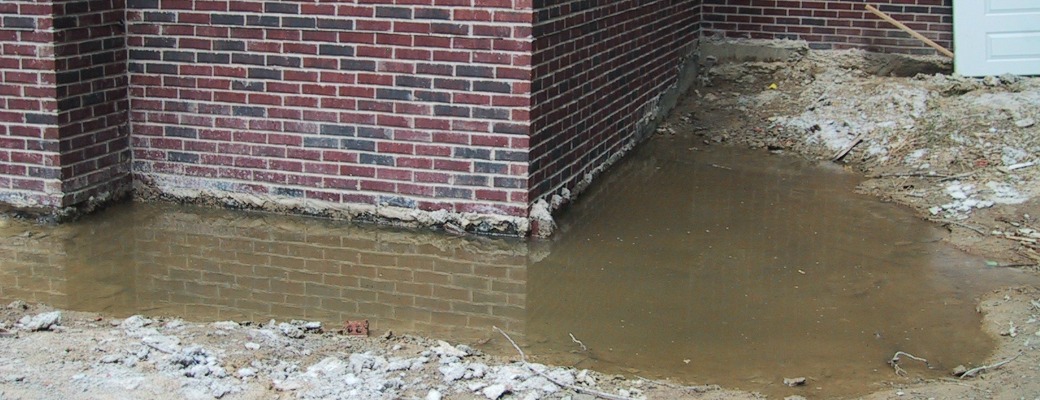Request A Quote
How do you really feel about Top leak detection hacks?

Climate adjustment and global warming have made their mark not simply on countries but likewise areas. The as soon as secure locations have actually experienced much more flooding as well as groundwater breach contrasted to recent years. For several home owners, groundwater breach is currently a frustration as it breaks through the surface area.
Recognizing the indicators is always a trick for avoidance as well as mitigating water damages and also groundwater breach. Groundwater intrusion is one of the most awful problems to your residence. To stop groundwater guideline, regular assessment of leaks in your home as well as inspect if your basement is wet. A wet basement implies that groundwater is being available in from below your home or close by.
Due to the fact that it creates mold and mildew and also mold development, climbing groundwater is a consistent trouble. It likewise contributes to wood rot, which further results in architectural problems. A boosted amount of groundwater makes your residence a lot more susceptible to flooding. You can still prevent groundwater from harming your cherished home. Here's just how!
Waterproof your Cellar
Waterproof your cellar now as well as do not wait before it's far too late. This step should be a need to especially if you remain in an area vulnerable to flooding. Waterproofing ought to be done prior to the sight of a flood appears. If you do not rush, the groundwater can break in with rainfall and also flood.
To water resistant your basement, fill up the cellar with even more concrete to protect against any groundwater problems. Setting up concrete and also using waterproofing measures seals your basement as well as secures it from water invasion.
Consider Mounting a French Drainpipe System
A French drainpipe system comes with polypropylene tubes. The benefit of this system is it safeguards your residence from added troubles as it protects against the water from seeping into your structure.
Additionally, this system quits your floorings from water flooding. Installing this system safeguards your foundation. You won't have to fear essential repairs associated with m water damages. The system is extremely simple to set up - you conveniently change this kind and fit of system anytime.
Invest in Numerous Sump Pumps
The pump's main goal is rerouting the water from inflowing your home. This tool can protect your residence from rising groundwater. A sump pump will certainly offer a layer of defense if you really feel distressed regarding groundwater seeping into your basement.
Set up these pumps (as well as several of them) in your basement or crawlspace. When installing, make certain that the tubes is placed into a drainpipe or out onto the street.
Elevate the Residential Or Commercial Property Permanently
Raising the structures of your home permanently is a long-time as well as efficient remedy to quit inbound groundwater. The overall process includes creating a brand-new, higher foundation to elevate the home over the flooding area.
Using these pointers will aid safeguard your home and possessions versus water damages. If you tried all of these ideas as well as still got water damage, it's finest to call in the specialists. Call a water repair firm today to help you come back on the right track.
The when safe areas have actually experienced more flooding as well as groundwater invasion compared to recent years. Recognizing the signs is always a secret for avoidance and also mitigating water damages and also groundwater intrusion. Groundwater invasion is one of the worst damages to your house. To prevent groundwater instruction, regular examination of leaks in your residence and also check if your cellar is damp. To water resistant your cellar, fill up the cellar with more concrete to avoid any groundwater issues.
Tips for removing water and drying your hardwood flooring after a flood
Water and wood just don t mix. If you ve been following the aftermath of Hurricane Harvey or Hurricane Irma, this should come as no surprise. When water sits on top of hardwood floors, it can permanently ruin the hardwood as the wood will absorb the water through its pores causing warping and discoloration. So, if you have a flood or water damage (or even just a spill) on your hardwood flooring, you ll want to remove the water and dry your floors as quickly as possible.
What happens when your hardwood absorbs water?
Wood can get wet (or moist) in a number of ways a flood from outside from the rain, leaky pipes (or frozen pipes), ice damming, a toilet overflow, a leaky roof, a hurricane or storm, an appliance breaks or leaks (e.g. dishwasher or washing machine), a fire (with water used to extinguish the fire), water spills/accidents, pet accidents, a high water table in the ground that then forces water into your sub-floor from the ground.
Will my insurance company cover my water damaged flooring?
Whether or not your insurance will be cover the damage depends on your insurance plan and the cause of the damage. Please note that most homeowners (less than 20%) have flood insurance. So, if the damage was from flooding (i.e. it came from outside the house), there s a good chance you aren t covered.
Use a wet vacuum to suck up all the standing water
You want to quickly absorb as much water as you can. Note: you may want to turn to a professional mitigation company as they specialize on water extraction and have the best equipment. If you choose to do this yourself, here s a wet vacuum I d recommend. Note: keep vacuuming even after you ve removed all visible water as there is still water from the invisible pores in the wood. You ll see that that the wet vacuum continues to suction up water for a while.
Clean the surface with a disinfectant
Remember, you need to prevent mold in addition to preserving your hardwood floors. You should use a non sudsy disinfectant (e.g. Mr Clean). Once you ve finished this, use the wet vacuum again to remove any leftover water.
Use a dehumidifier
Place a dehumidifier in the center of room. If you can get more than one, that s even better. Be sure to clear the water every few hours (and make sure the filter is clean as well). Make sure the dehumidifier runs for at least 24 hrs, but you may need to use it for 2 to 3 days or even longer, pending on the severity of the water. In some cases, it s advisable to use a dehumidifier for several weeks.
Supplement with large fans (and air conditioning)
Accelerate the drying process with fans. Point the fans towards the floor. Also, be sure to open the windows around 2 inches for better air circulation/ventilation (and keep the door open). This will allow excess moisture to evaporate and create more cross ventilation. (If it s raining or extremely humid outside, then keep the windows shut and just keep the doors to other rooms open and use a dehumidifier). Put the fans on the highest level (i.e. full blast) and point them towards the floor. If you have some that oscillate, even better.
https://theflooringgirl.com/blog/save-hardwood-floors-water-damage-flood/

As a passionate reader on Leaking water lines, I thought sharing that excerpt was important. Do you know anybody else who is excited about the niche? Take a moment to promote it. Thanks so much for your time invested reading it.
Overflow? We're here!